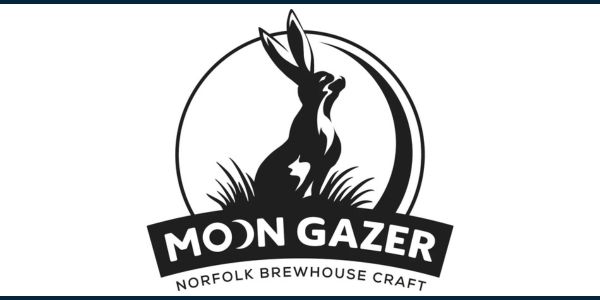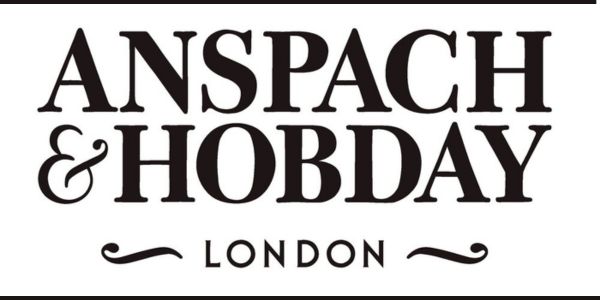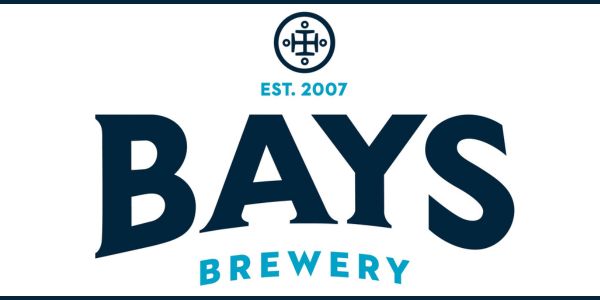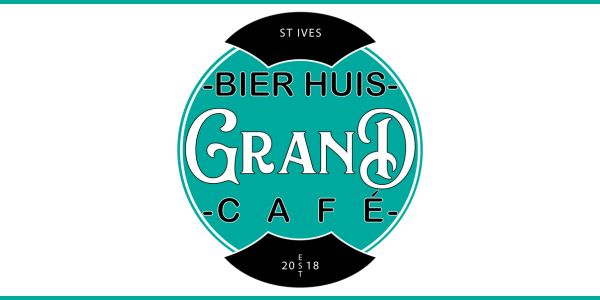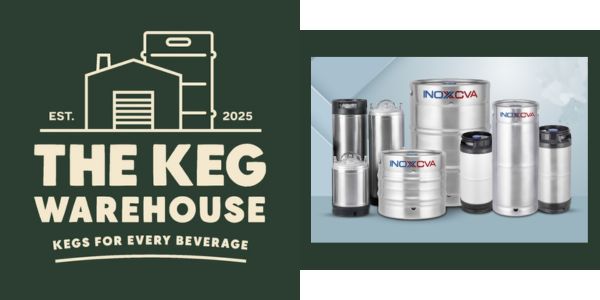The beer and pub sector has warned the government that a new tax on beer bottles could lead to customers bearing soaring new costs.
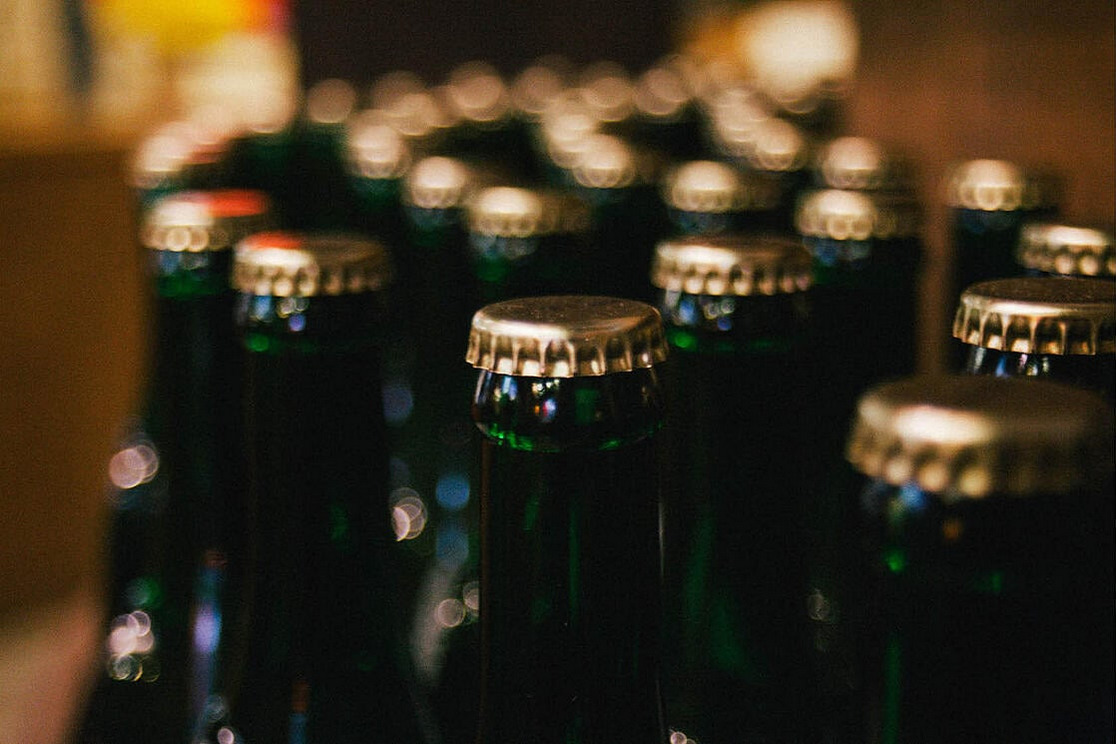
Industry leaders have written to the secretary of state for the environment, Steve Reed MP, to urge a review of these regulations and to sound the alarm around possible unforeseen consequences for brewers, pubs, and customers.
The British Beer and Pub Association (BBPA), Independent Family Brewers of Britain (IFBB), Campaign for Real Ale (CAMRA), and Society of Independent Brewers and Associates (SIBA) are speaking up on behalf of their members, who collectively contribute billions to the UK economy.
The proposed new fees will add “eye-watering” additional costs that brewers will be expected to bear from next year, they warn.
“Our sector has ambitious net zero targets and is committed to a circular economy and working together to achieve this in a sustainable manner,” said Emma McClarkin, chief executive of the BBPA.
“However, these suggested fees pose a serious risk of business failure and will could lead to extra cost for the customer, strangle investment and growth which means less jobs, and lead some to make heartbreaking decisions about whether they can keep making their beer.
“It is critical that government takes a step back to consider the devastating impact this could have on our industry, which plays a vital role for the UK’s economy and employment.
“We urge them to review these fees and make them fairer and more sustainable, so we can continue to do business.”
In a letter to the government, trade associations advised that, for 330ml glass bottles, the figures published will add between 3p and 7p on each of the 3.2 billion bottles of beer sold in the UK each year, a cost of up to £212m and with a midpoint estimate of £167m. For heavier 500ml bottles, in which most premium bottled ale is sold, the costs could be up to 9p per bottle.
This is the equivalent of a 8 to 21% beer duty increase on these products and, like beer duty, which is set to rise again in February, will inevitably lead to price increases for consumers and fuel inflation.

Industry leaders warned that the cumulative impact of the proposed fees could see the end of many of Britain’s much loved bottled ales, dramatically reducing choice and more than wiping out any profit brewers were hoping to achieve in already extremely challenging times.
Richard Bradbury, managing director of Theakston, said: “We understand the desire to tackle unnecessary packaging waste, but the scale of charges, particularly on glass, and the current plans for implementation could force out our Old Peculier beer and similar brands of the bottled beer market.
“The glass we use is manufactured in the UK, has a high recycled content, and is then itself far more likely to be recycled through a bottle bank than end up in landfill. We urge DEFRA to take a pause and take the time to work with Britain’s traditional ale breweries to find a better and more affordable solution to a problem that we don’t really think is of our making.”
Nick Mackenzie, chief executive of Greene King, added: “We are committed to playing our part in supporting a more sustainable and circular economy, however these new glass fees would contribute to significantly higher costs for brewers and so it is vital that a solution is found to protect hundreds of years of brewing heritage and maintain choice for customers.
“With the budget coming on 30th October, it is more important than ever to look at how the government can reduce the extremely high costs of doing business for the UK’s pub and brewing sector.”
Gillian Hough, campaigns director at CAMRA, said: “CAMRA supports the principles of the Extended Producer Responsibility and its potential benefits to the environment. However, a tax on bottles used for beer and cider needs careful implementation to ensure that independent producers and consumers aren’t the ones paying the price.
“Industry has awaited clarity on the requirements for EPR for a long time, and while having these latest estimates will help brewers and cider makers plan for the future, the costs in current proposals are simply too high.
“It’s positive that the scheme already makes some distinction between large and small producers, but government needs to urgently rethink the burden it is placing on industry — particularly on independent brewers, who are so crucial for consumer choice.
“Glass bottles are some of the most commonly recycled items in circulation, so the estimated £212m price tag for this packaging feels hugely disproportionate, especially given the sector’s already high overall tax bill and recent shocks from fluctuating energy costs, the growing cost of goods, and the ever-lingering shadow of the pandemic.
“I urge Defra to meet with industry, hear the concerns of brewers, cider makers and consumers, and rethink their proposals.”


